Public transport
Getting around London can seem really daunting at first, but don’t worry, you’ll soon get used to it. The first thing you should do when you get here, is purchase an Oyster card (unless you are a Pre-University Summer School residential student). This works on a pay-as-you-go basis, so all you need to do is top up at a machine (in a tube or train station) or online, when your balance is running low. Another way to pay for travel is to use a contactless card, which costs the same amount as using an Oyster. This means you have the added benefit of not having to worry about topping it up!
Both Oysters and Contactless cards are really simple to use on public transport. On the tube, trains and DLR, make sure you ‘touch in’ on the yellow reader at the start of your journey and ‘touch out’ at the end of your journey. If you’re taking the bus or the tram, you will only need to ‘touch in’ on the yellow reader once when you board. Also make sure you download a mobile app such ‘Citymapper’, as it is really useful for working out a route between two places.
Coffee and Culture
London is bursting with cool, quirky coffee shops and cafes, and some of the following parts of town are a great place to start: Neal’s Yard in Covent Garden, Pop Brixton, Brixton Village, Hoxton and Shoreditch. If you’re looking for other ways to spend your free time, head to Peckham, specifically Rye Lane for a unique and trendy part of London that is far off the beaten (and touristy) track! There’s also Richmond Park in South West London, a beautiful expanse of green space which is only 35 minutes from Waterloo on the train. The Southbank Centre, Somerset House and The Store Studios are all in walking distance of the Strand Campus and often have exhibitions and events on during the summer.
Sight-seeing
Don’t forget about all of London’s famous sights. Just walking across Waterloo Bridge will give you an amazing panoramic view of some of them, but make sure you explore them properly. The London Eye, Trafalgar Square, St. Paul’s Cathedral, The Shard, London Bridge, The Tower of London and Tower Bridge are all close to two of King’s campuses – the Strand Campus and Guy’s Campus. Other unmissable sights in London include Big Ben, Buckingham Palace, The Houses of Parliament, Hyde Park and Regent’s Park.
Download the King’s Mobile app if you are already enrolled on the Pre-University Summer School and the Undergraduate Summer School. This app will provide information about summer accommodation, social and sports activities, advice and tips on your stay in London, as well as FAQs. To download the app, click here.
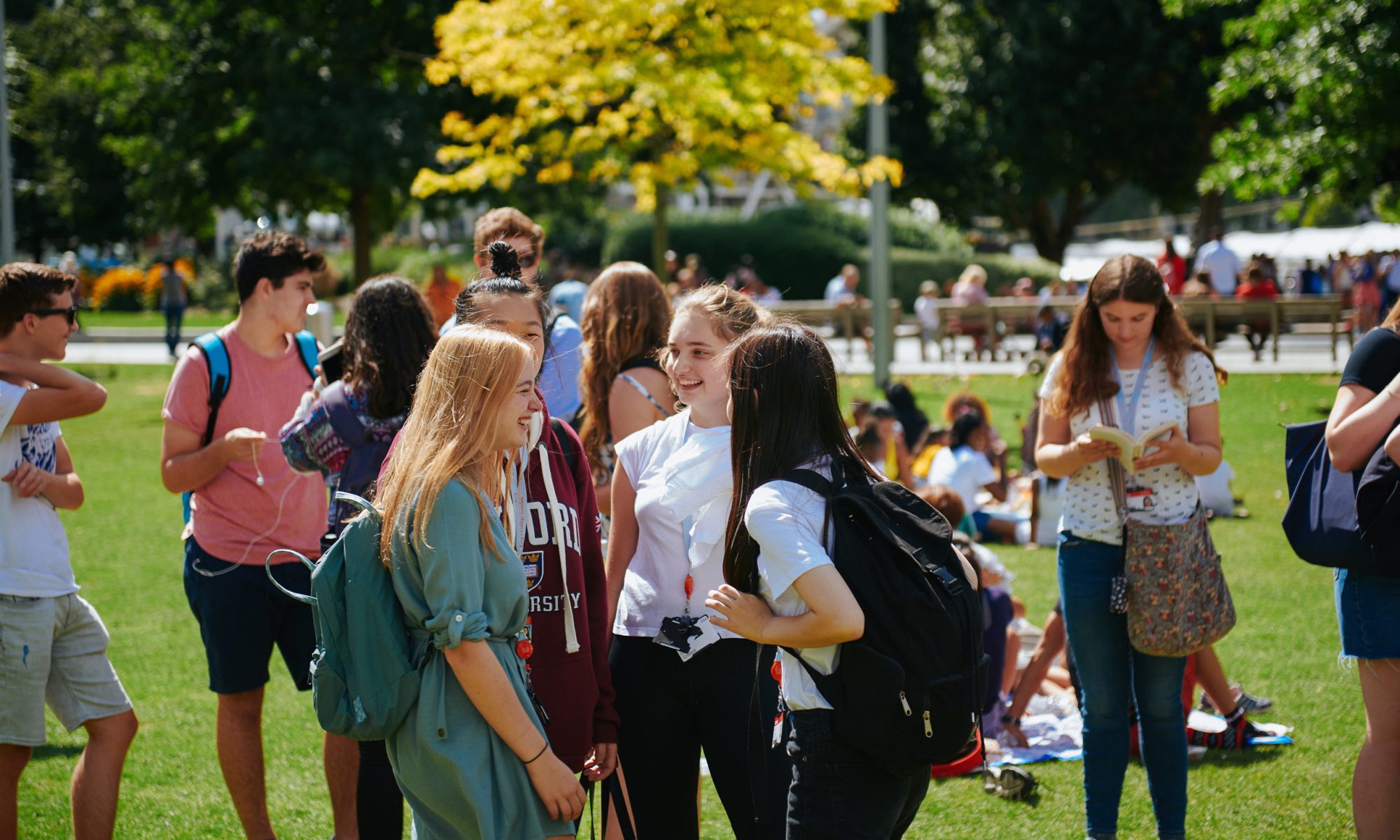
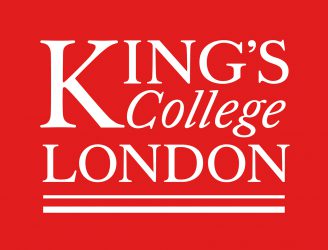



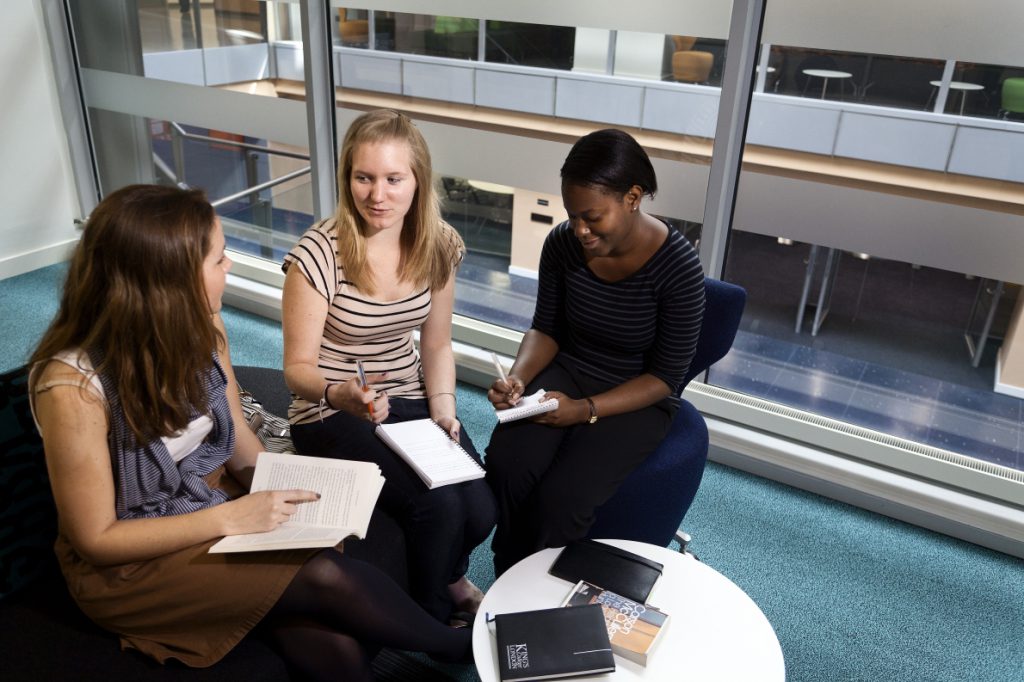
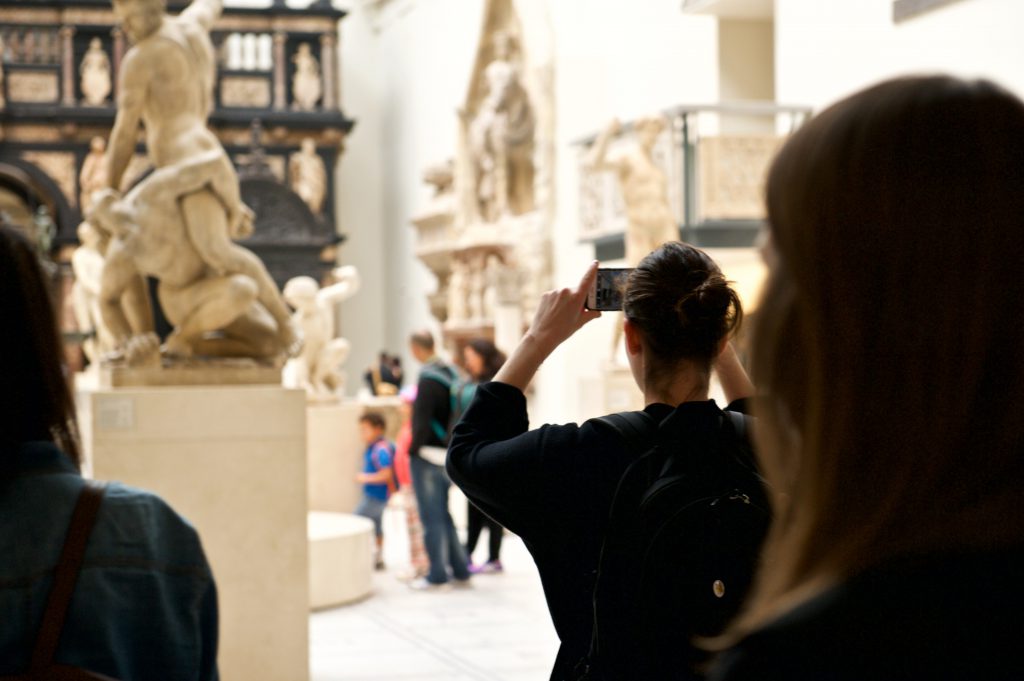
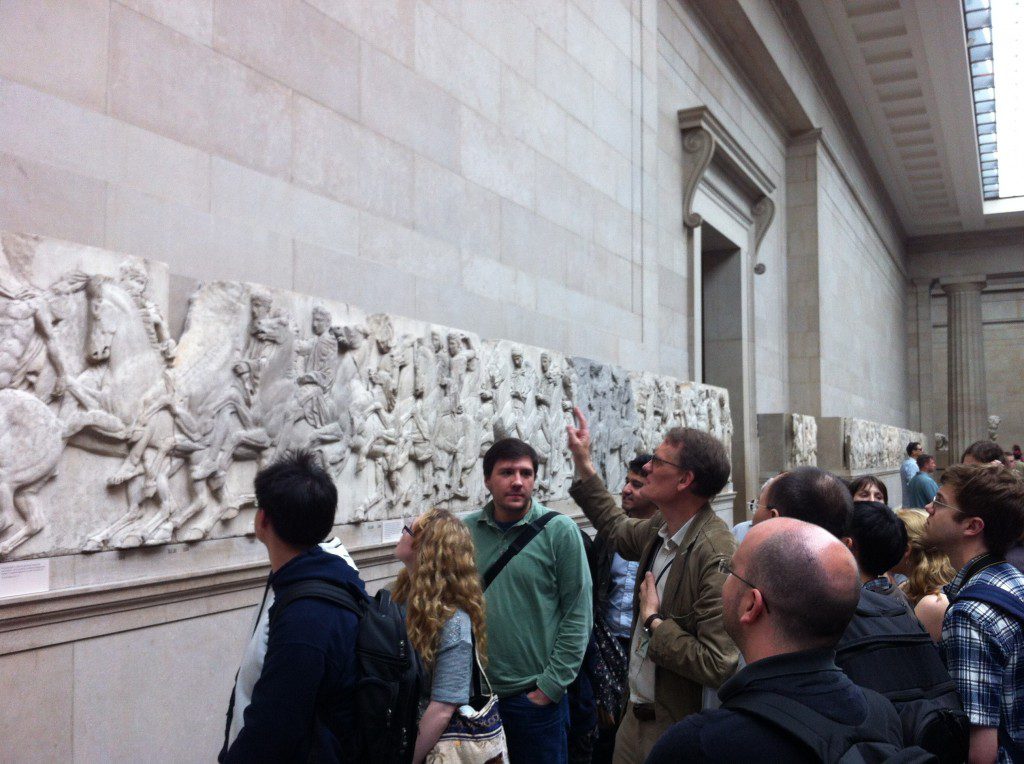

 Applications are now open for our
Applications are now open for our 
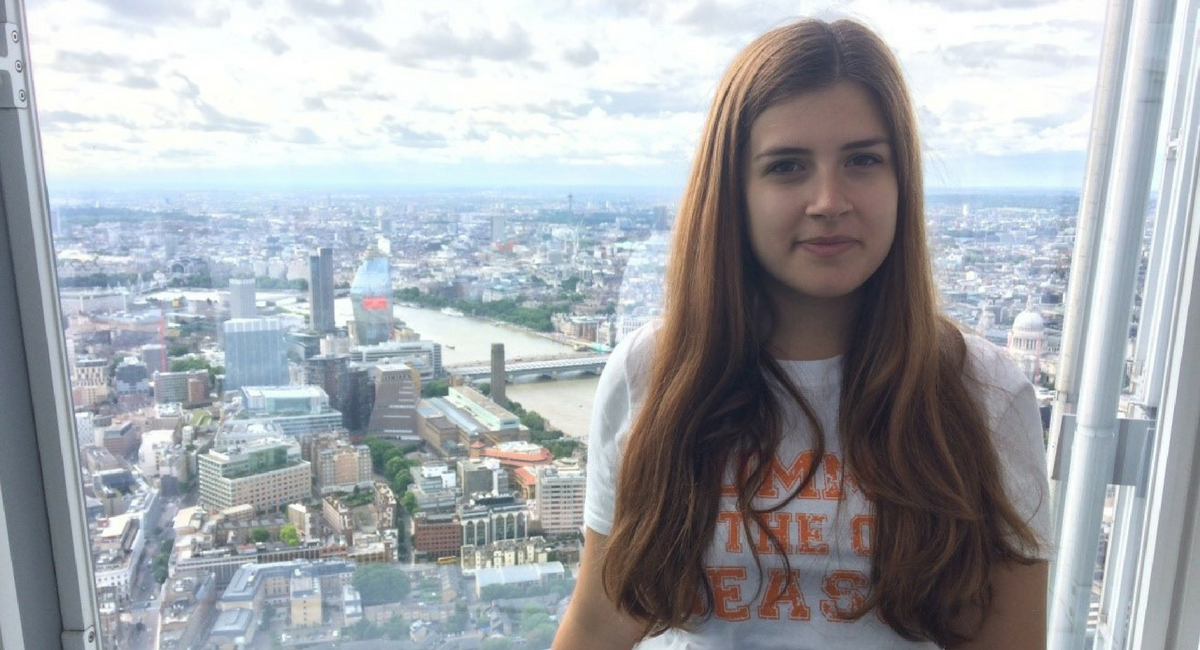
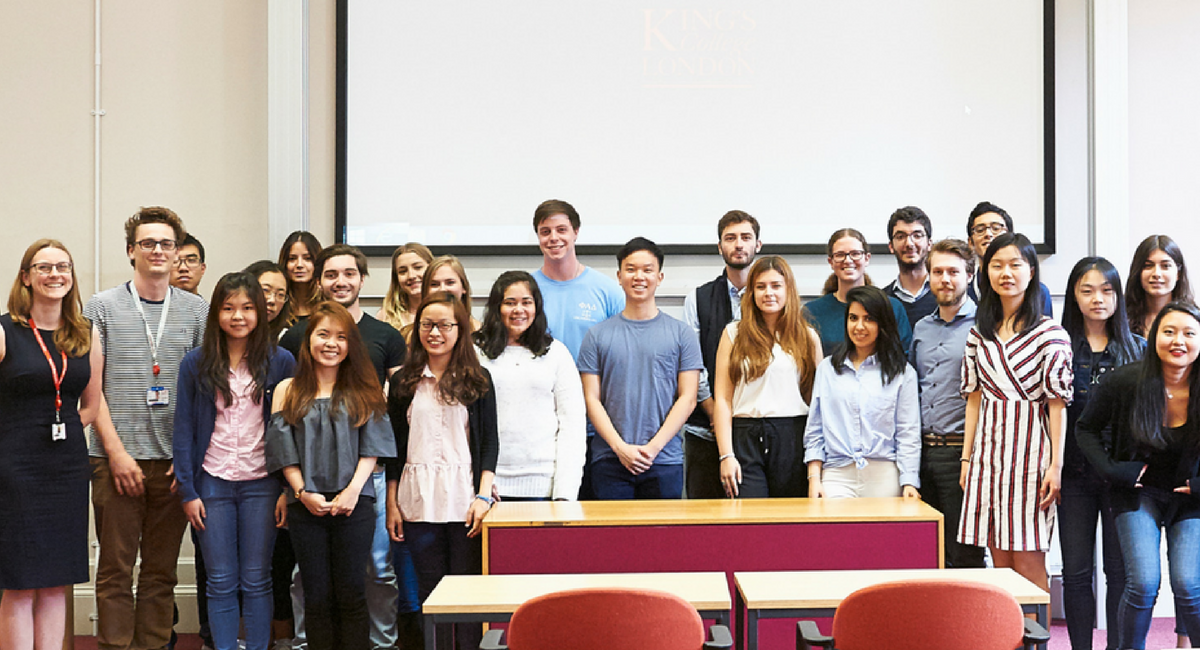
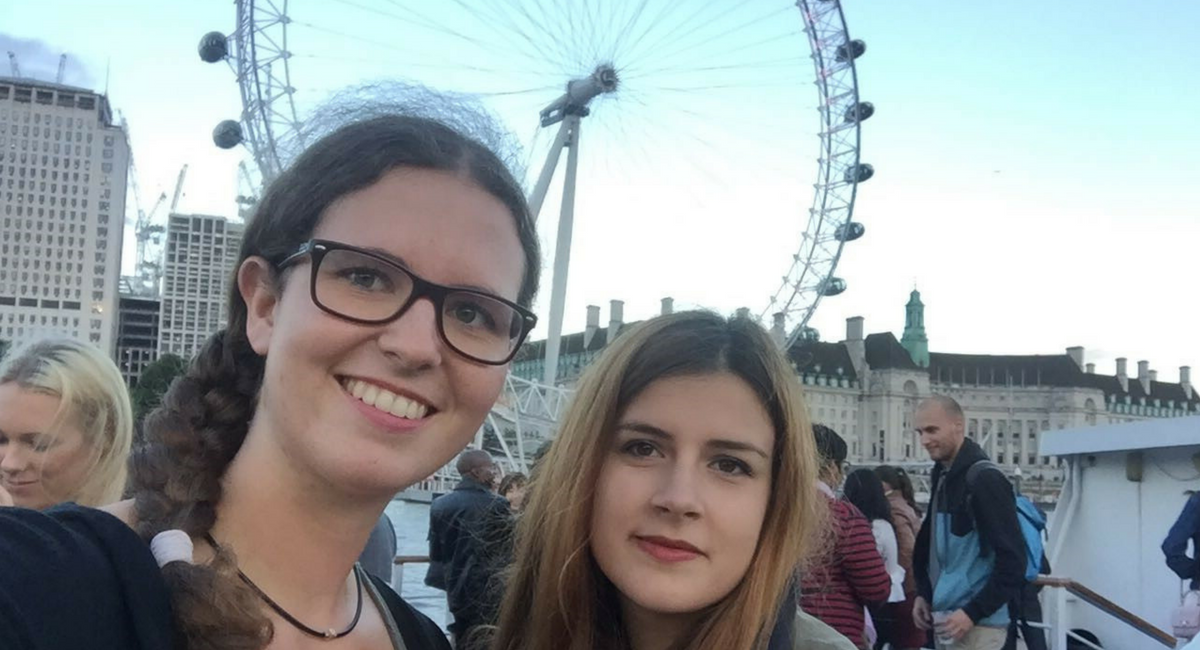
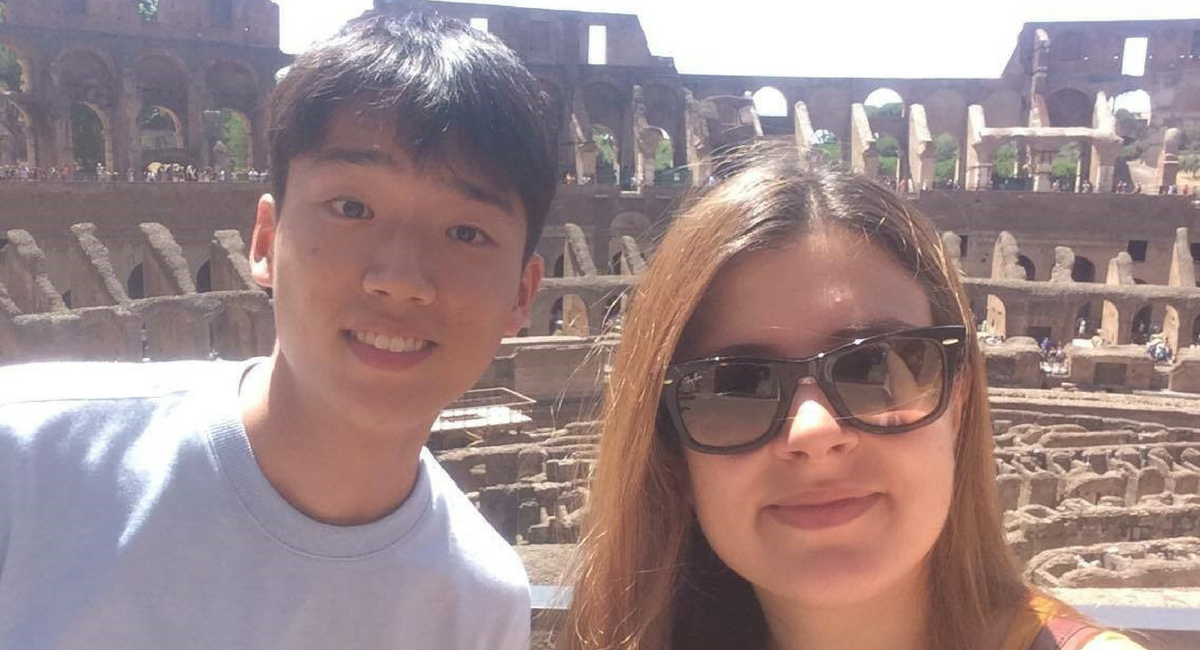


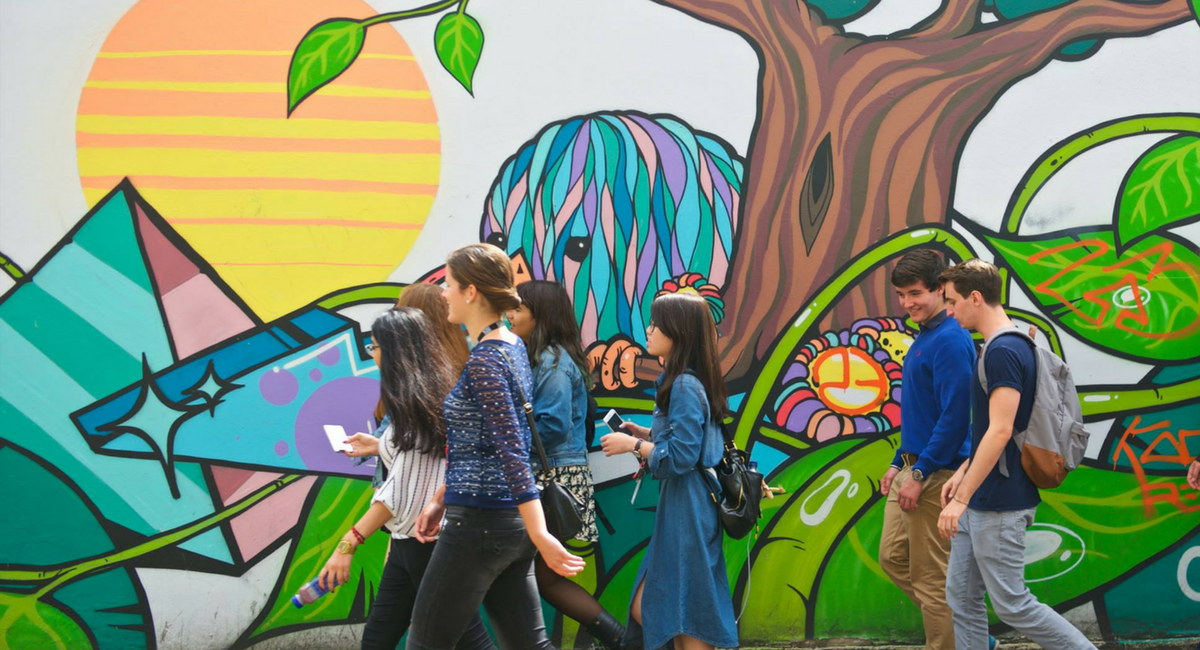 We are pleased to announce that applications for our 2018 Undergraduate Summer School are now open.
We are pleased to announce that applications for our 2018 Undergraduate Summer School are now open.